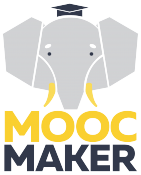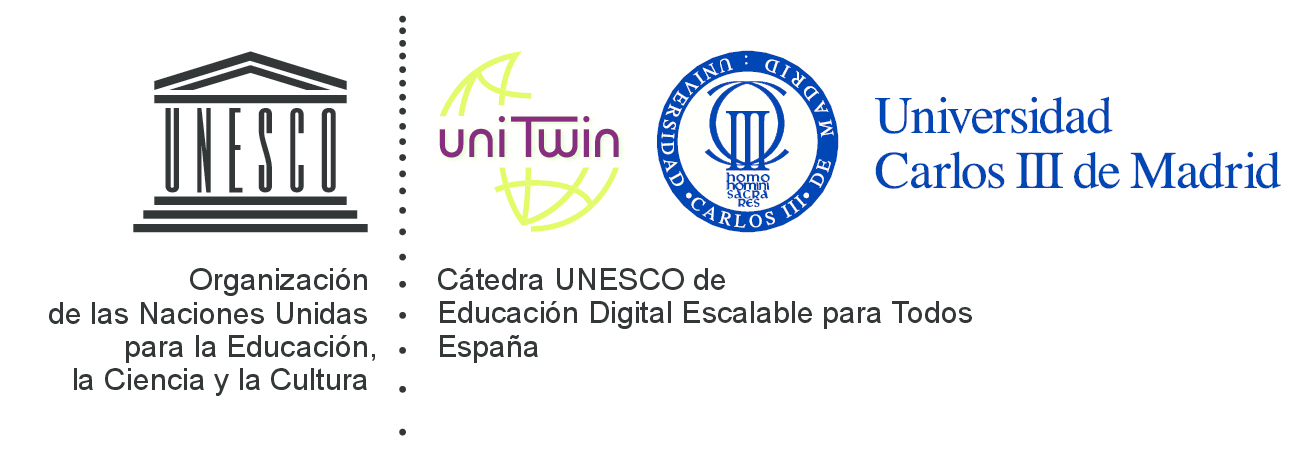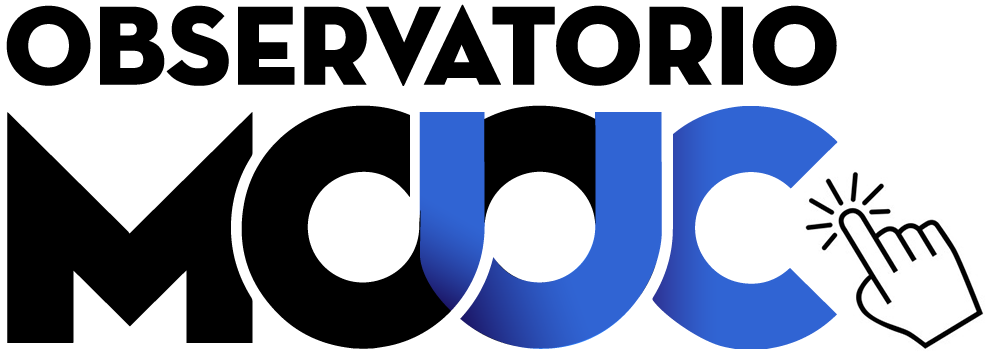On Friday May 11, 2018 Universidad Carlos III de Madrid will organise the eMadrid seminar entitled “ When digital meets physical in education“. The MOOC-Maker project is co-organizer of the event.
The seminar is free of charge and will be held at UC3M, Leganes campus, and in live streaming.
Speakers and topics that will be presented during the seminar:
Time: 11:00-11:40
Topic: Bridging the gap
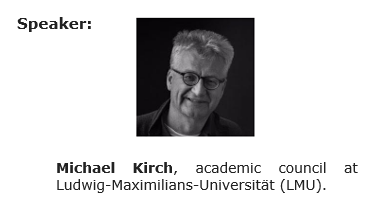
Abstract:
There is a gap between the digital and the physical learning outside and inside of schools. Within teacher formation it is hard to bridge this gap. Universities train future teachers for a world that becomes more and more digital, but send them to schools of the past, that are dominated by physical learning. The presentation focusses on the university classrooms at the LMU as a measure to bridge this gap in order to realize a more seamless but still seam-aware approach to media teacher formation.
Time: 11:40-12:20
Topic: Conversational agents in MOOCs: What’s the point?
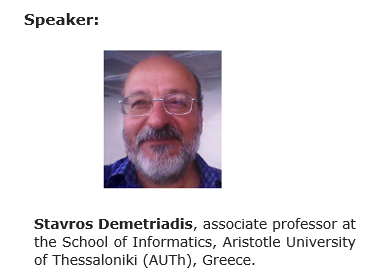
Abstract:
Research in computer-supported collaborative learning consistently indicates the value of developing tools for boosting learners‘ productive social interaction (that is, learners‘ dialogue and argumentation). At the same time, Massive Open Online Courses (MOOCs) emerge as a new form of online learning experience that transcends the boundaries of traditional educational forms and offers new opportunities to distance learners worldwide. The question we pose is: How can we enhance learners‘ social interaction in MOOCs and reap important learning benefits? In my talk I’m going to present and discuss: a) the approach (and research evidence) we follow for triggering online peer interaction in small groups based on teacher-configurable conversational agents; b) explain how we plan to integrate this technology in MOOCs and explore its potential in the framework of a newly started EU Erasmus+ project.
Time: 11:40-12:20
Topic: Innovations in pedagogy using MOOCs
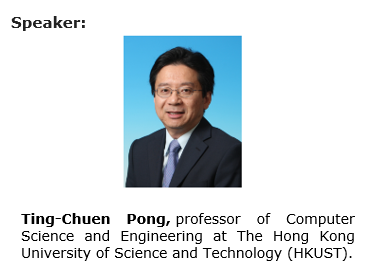
Abstract:
Abstract:
Education has gone through transformative changes since the launching of Massive Open Online Courses (MOOCs). The impacts of MOOCs go beyond just the offering of courses and content. New pedagogies have been developed using MOOCs. MOOC platforms also allow vast amount of data to be collected on the study patterns of diverse groups of students from around the world. Learning analytics on MOOCs allow teachers to better understand how students learn and how the delivery of teaching and learning can be improved. In this talk, the speaker will share HKUST’s experience on using MOOCs and learning analytics to enhance the learning experience of students on campus through blended and experiential learning.
For more information visit http://bit.ly/emadridseminar


